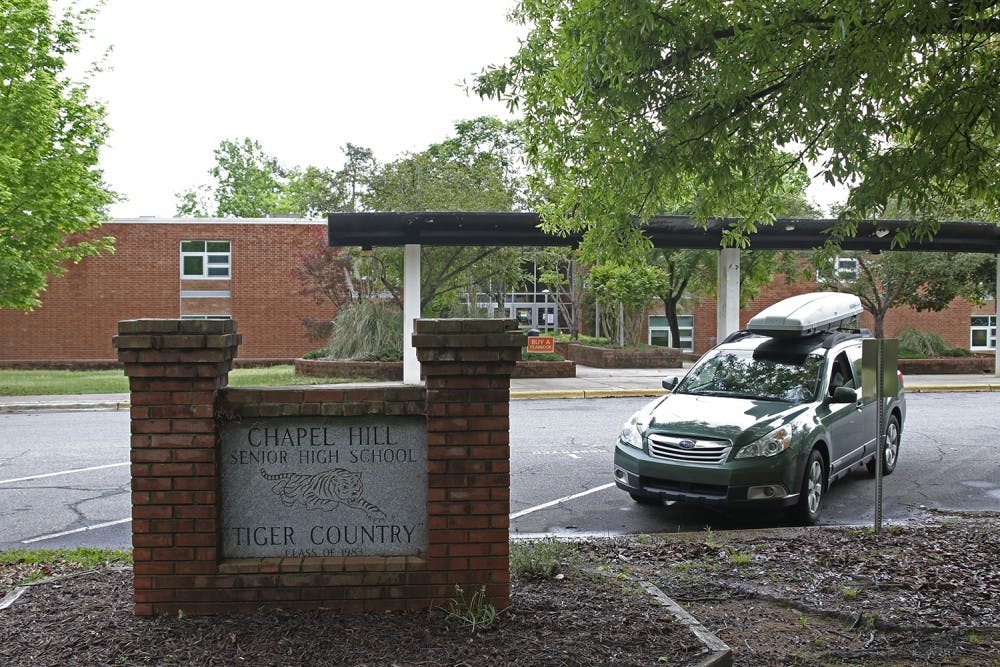It's been a year since Chapel Hill-Carrboro City Schools implemented Project Advance, a new model which is designed to add supplemental pay to teachers' income based on professional development.
The skills-based compensation system includes four levels. Each level has a variety of courses to complete and each course is about eight to 10 hours long. One level can take about three to five years to complete, said Philip Holmes, executive director of professional learning and talent development for CHCCS.
Teachers early in their careers begin at the first stage and progress onward where they could earn up to $5,000 in addition to their state paycheck and 16 percent supplemental pay by the district, CHCCS spokesperson Jeff Nash said. Veteran teachers receive some credit for their years on the job.
“It’s not just taking classes, you have to show that what you’ve learned in the class you can implement,” Nash said. “It’s really about becoming a master teacher.”
Chapel Hill-Carrboro Schools is one of six school systems North Carolina is funding for the new model to find an alternative method for teacher pay. Currently, teachers are paid based on a state schedule.
Some districts across the country base teacher pay off of student performance, but Holmes disagrees with that model.
“That system has a fatal flaw,” Holmes said. “I’m actually assuming that the teacher who taught you in high school knows how to get better test scores and they’ve just been choosing not to do it because I haven’t been paying them enough.”
Project Advance provides a wider net of opportunity, said Courtney Sears, a second grade teacher at Ephesus Elementary School in Chapel Hill.
“It’s a philosophical difference,” Sears said. “When we see teachers getting paid for higher test scores, those programs tend to only be offered to certain groups of teachers on a year by year basis. Project Advance is open to all teachers in our district. The idea of Project Advance is that it trusts teachers to continuously improve their craft and that spans across a person’s career.”



